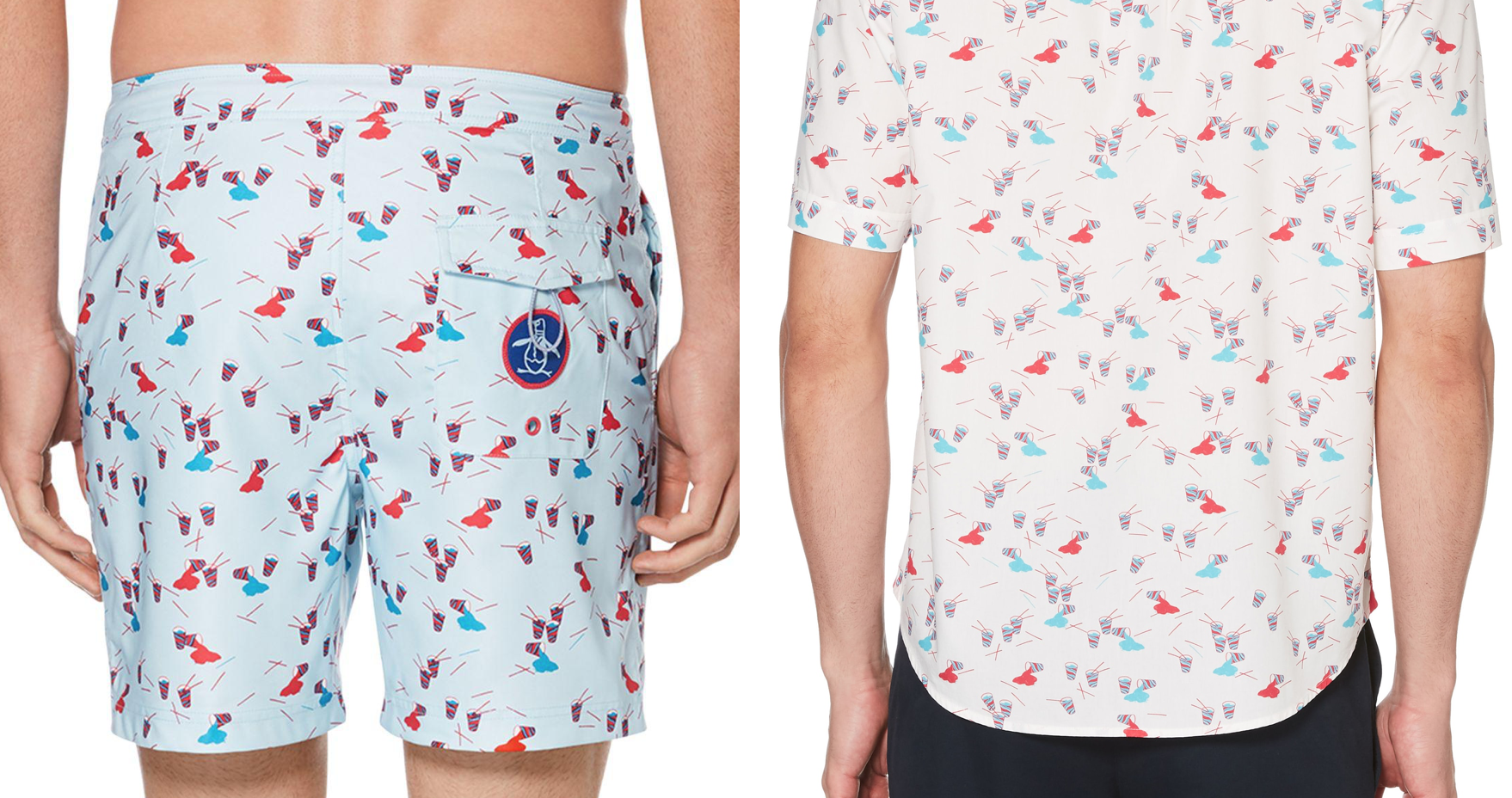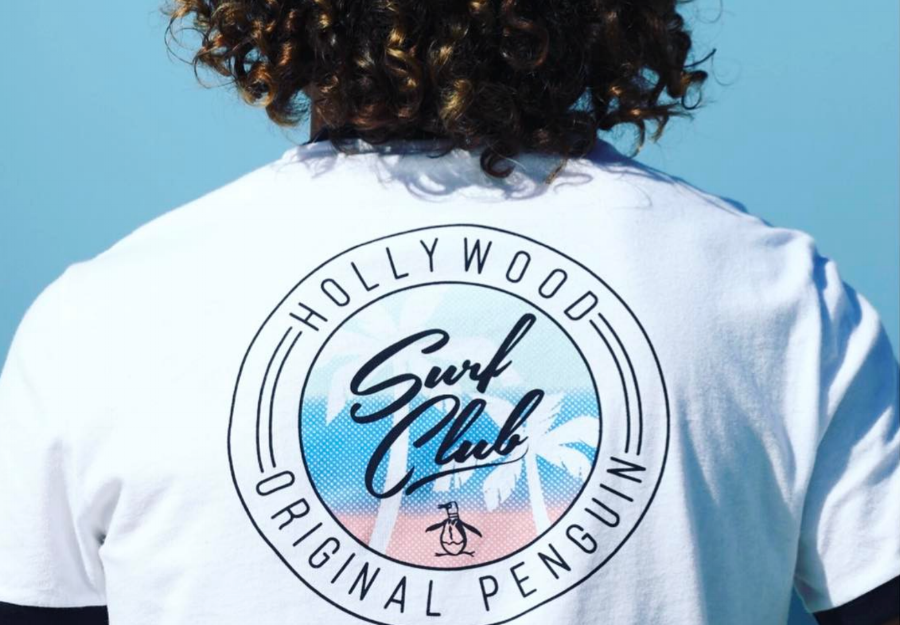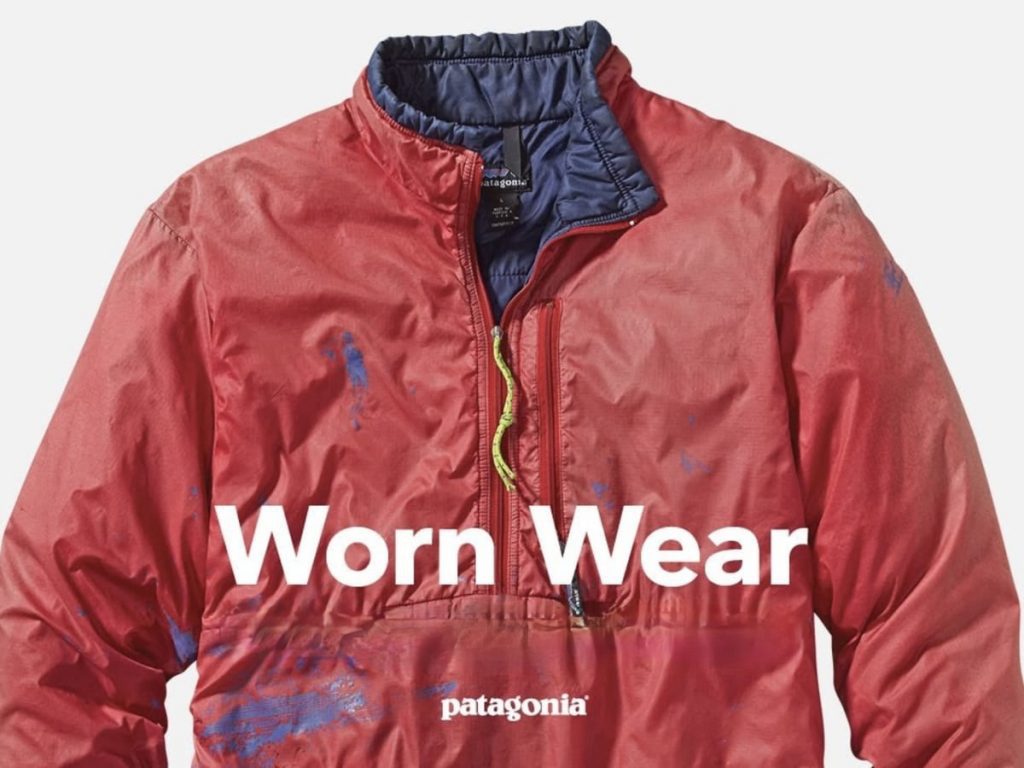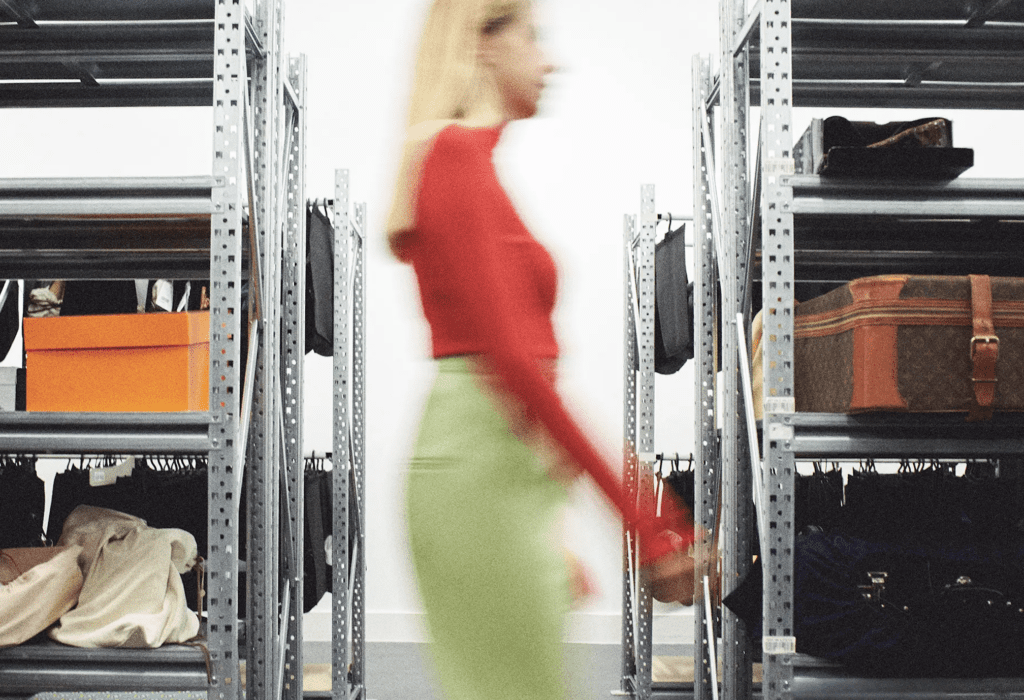For years, fashion brands, including Supreme and Moschino, have been looking to the designs and trademarks of household name brands. Recall the phone case made by Moschino using Windex’s bottle design? How about the recent Supreme cap that made use of supermarket deli meat company Farmland’s logo? While both instances likely bring about trademark issues, neither Windex (or McDonalds) nor Farmland have filed suit (likely because they don’t mind being associated with these buzzy brands). 7-Eleven, however, does not have quite the same sense of humor.
The well-known convenience store has not taken kindly to a recent use of its trademarks by Original Penguin. According to the lawsuit it filed in a state court of the Northern District of Texas, 7-Eleven alleges that the New York-based menswear brand is on the hook for “trademark infringement, dilution, unfair competition, counterfeiting, and unjust enrichment” in connection with a range of garments bearing 7-Eleven’s trademarks.
Dallas, Texas-based 7-Eleven alleges in its suit that Original Penguin recently began offering clothing that uses 7-Eleven’s trademarks, which “[serve] to identify … and to distinguish 7-Eleven’s products and services from those of others.” The trademarks that 7-Eleven cites are its SLURPEE mark, which is registered for use on “clothing and fruit flavored, semi-frozen soft drinks,” among other things; SLURPEE NATION; SLURPEE LITE; BRAINFREEZE; and two separate designs of Slurpee swirl art, which are also registered for use in semi-frozen beverages, and clothing.
Original Penguin is, per 7-Eleven, using its “SLURPEE mark in connection with a poplin shirt that features images of spilled semi-frozen soft drinks in cups that bear a design confusingly similar to the swirl trade dress that 7-Eleven uses and has registered with its products,” and “prominently displays the SLURPEE mark on the [shirt’s] receipt.”
 Two of Original Penguin’s allegedly infringing products
Two of Original Penguin’s allegedly infringing products
Even more than that, 7-Eleven claims that in an attempt to “solidify the association between this product and 7-Eleven in consumers’ minds, [Original Penguin] promoted this shirt by using a photograph of a model wearing the shirt while unmistakably drinking a SLURPEE drink from 7-Eleven.”
Beyond this allegedly infringing shirt, 7-Eleven points out that Original Penguin “also offers swim shorts and shirts that feature 7-Eleven’s BRAINFREEZE mark and images of semi-frozen soft drinks in cups that bear a design confusingly similar to 7-Eleven’s.”
As a result of such alleged infringement, 7-Eleven claims that Original Penguin’s wares are “likely to cause confusion, to cause mistake, or to deceive customers” into thinking that 7-Eleven authorized Original Penguin’s use of the marks. The chain also claims that the unauthorized use of 7-Eleven’s marks “enables [Original Penguin] to trade on and receive the benefit and goodwill built up at great labor and expense over many years by 7-Eleven, and to gain acceptance for [Original Penguin]’s goods not solely on [their] own merits, but on the reputation and goodwill of 7-Eleven and its marks, trade dress, goods, and services.”
Additionally, such use robs “7-Eleven [of] the ability to control the nature and quality of goods and service provided under its marks, and places the valuable reputation and goodwill of 7-Eleven in the hands of [Original Penguin], over whom 7-Eleven has no control.”
As for whether 7-Eleven will be able to show that consumers actually think that there is some tie between Original Penguin’s Slurpee-emblazoned wares and its brand (the central inquiry in a trademark infringement matter), it might seem like a stretch. However, it is worth noting that Original Penguin has collaborated with other non-clothing brands in the past, including Pepsi, which could give rise to a “likelihood of confusion” amongst consumers.
7-Eleven has asked the court to order Original Penguin to cease all sales of the allegedly infringing products, to destroy all materials bearing 7-Eleven’s marks, and to pay monetary damages, including all damages tripled, forfeit of all profits or statutory damages (whichever is higher), and attorneys’ fees and costs.
* The case is 7-Eleven, Inc. v. PERRY ELLIS MENSWEAR, LLC DBA ORIGINALPENGUIN.COM, 3:18-CV-02409 (NDTX).











